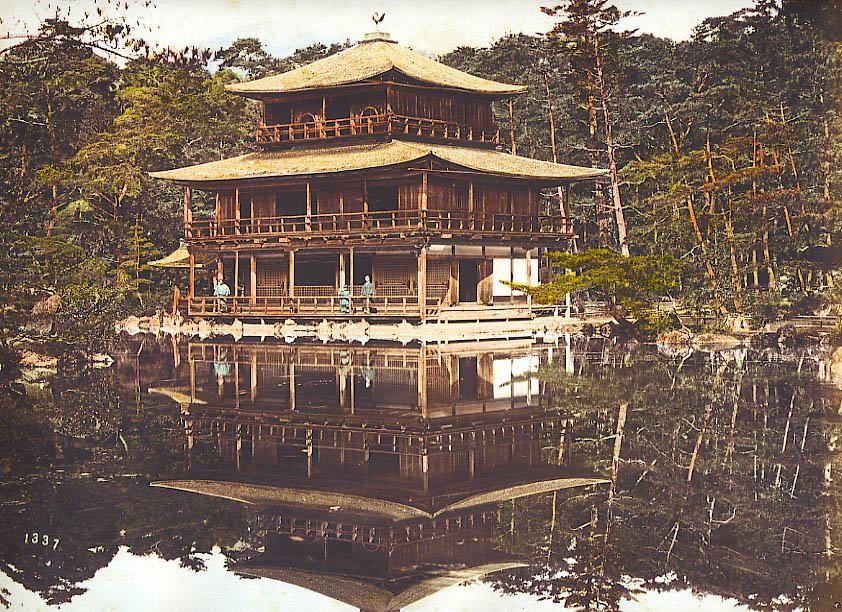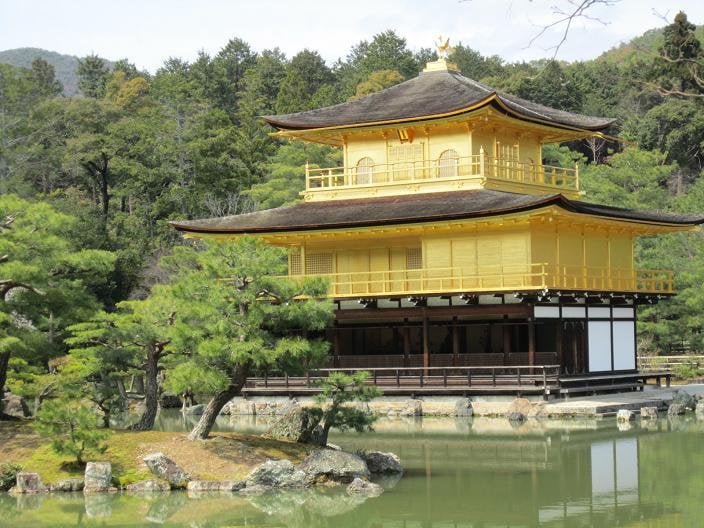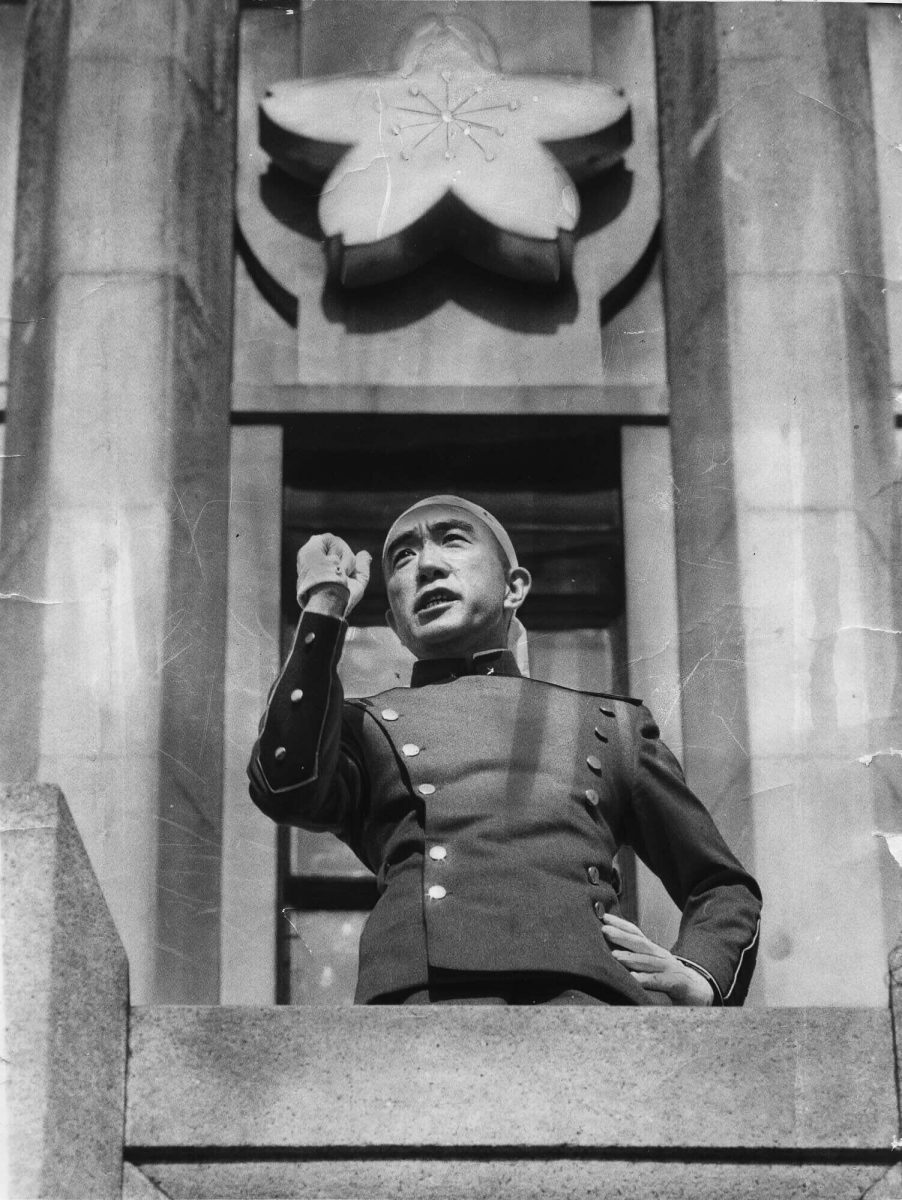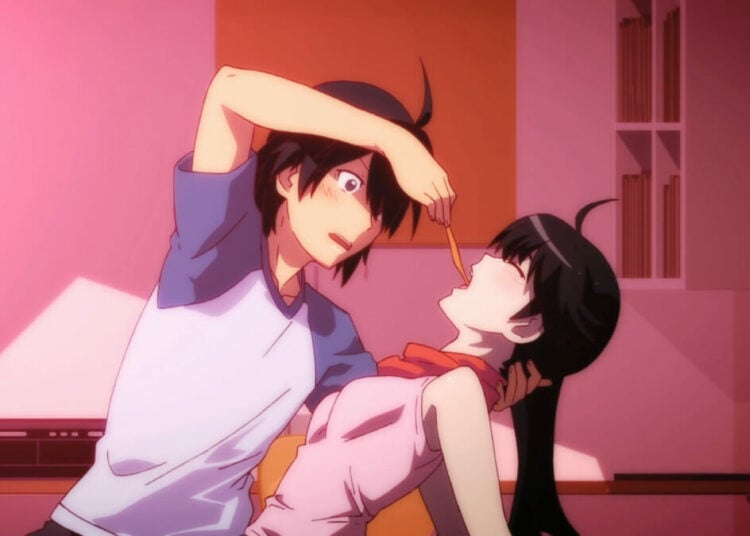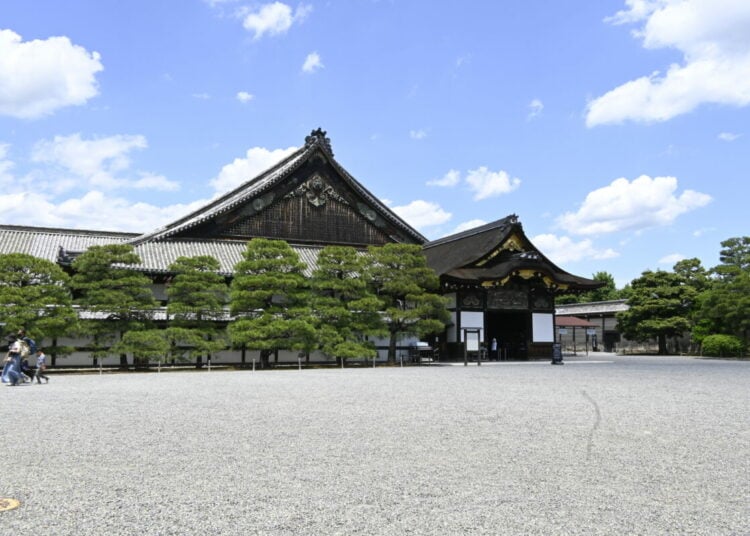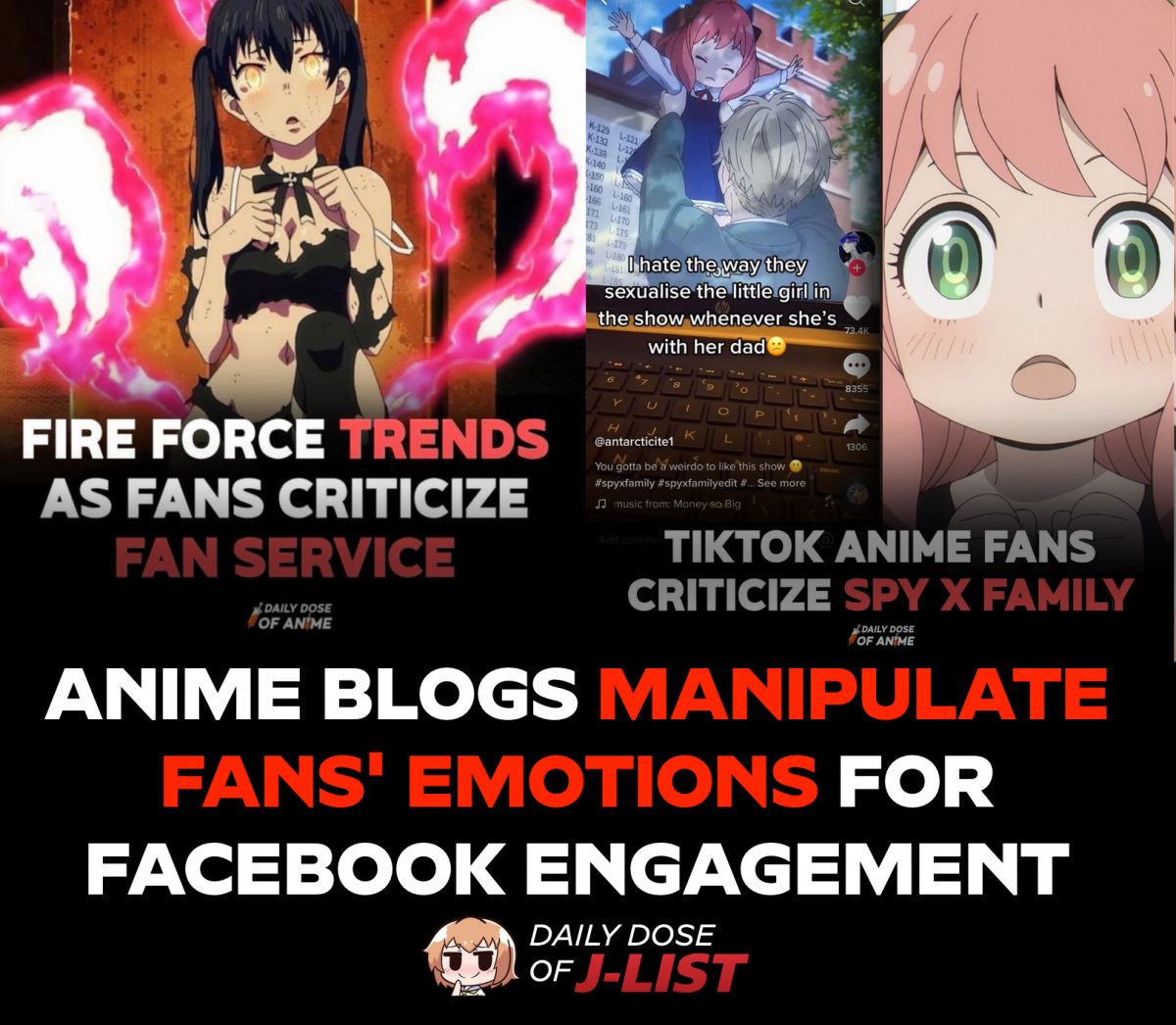One of the most unique and colorful people of the 20th century in Japan has to be Yukio Mishima, the celebrated author who had a stellar career, and an even more famous death. During his life, Mishima wrote many short stories and novels, including The Temple of the Golden Pavillion, which analyzed the internal struggles of the Buddhist monk who burned down Kinkakuji, perhaps Kyoto’s most famous Buddhist temple, in 1950.
The Death of Yukio Mishima
In Japan, the anniversary of the death of a person — 命日 meinichi in Japanese — becomes more important than their birthday once they die, and it’s socially impolite to say, “This person would be 80 years old if they were still alive” on their birthday according to Japanese Buddhism. I memorized Yukio Mishima’s meinichi because it happens to fall on my daughter’s birthday, so it’s pretty hard for me to not remember it.
The complex author had one of the most unique deaths of the 20th century. Against the backdrop of political drama related to Japan and the United States renewing the U.S. Japan Security Treaty, which would maintain the ongoing military alliance between the two countries, Mishima was becoming increasingly political, slowly sliding into outright nationalism. He joined the Japan Self-Defence Forces and formed a private militia called Tatenokai (The Shield Society), undergoing weapons training against a day when Japan would return to its “pure” days of bushido.
Then came the coup attempt. On November 25, 1970, Mishima and four other members of his group entered a military camp and barricaded themselves in with the base commander. Mishima then read a prepared political manifesto designed to inspire the listening members of Japan’s Self Defense Forces to rise up and take control of Japan’s destiny militarily, returning political power to the Japanese Emperor. Instead, the soldiers mostly laughed and jeered, since none in Japan but the most bizarre fringe groups supported a return to the warlike ways that caused so much pain and destruction across Asia. His coup attempt failed, Mishima went inside and committed seppuku, ritual self-disembowelment, before his head was cut off by his second, giving rise to the eternal words of wisdom, “Whatever you do, don’t search for ‘Yukio Mishima severed head’ on Google Images.”
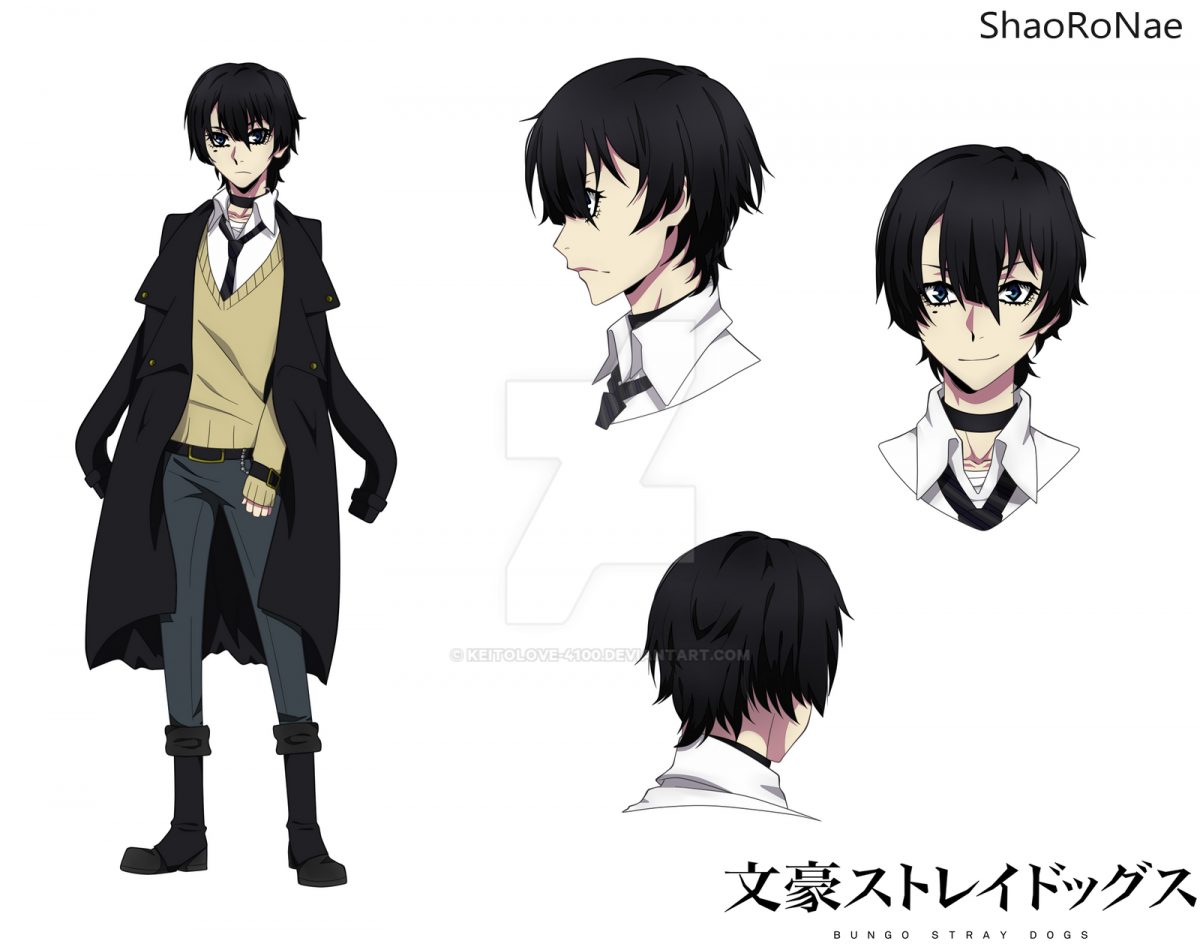
Yukio Mishima in Anime
I’m a huge fan of Bungou Stray Dogs, a manga and anime which takes all the great literary figures from Japan and around the world and turns them into espers fighting with powerful attacks named after their most famous stories. As both an anime fan and an English major, it’s a fascinating series, and great for learning your way around Japan’s literary world if you’re looking for writers to investigate. The character of Mishima is famously missing from the series, though he’s widely rumored to be one of the secret members of a sect called The Decay of Angels. (The above is a fanart rendering of the character.)
Yukio Mishima was a great writer of the most complex individuals in Japanese history. A homosexual, he was obsessed with themes of ugliness and beauty, and with trying to perfect the human male form. He was a very enigmatic person. I hope you’ve enjoyed learning more about one of Japan’s most important postwar writers in this blog post!
Got any suggestions for topics or shows you’d like us to cover here? Tell us below, or on Twitter!
Great news! J-List has started our weeklong Cyber Sale, and this is the best time of the entire year for you to pick up awesome products from Japan! We’ve got two tiers this year: get an automatic $10 off orders of $100 or more, or $30 off $200 or more! No coupon to enter, it’s all automatic! So why not make a big order of in-stock anime figures, Japanese snacks, or naughty products now?


